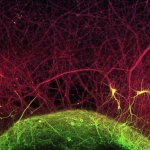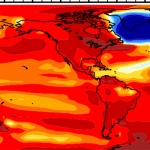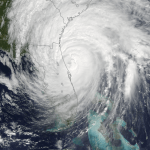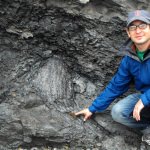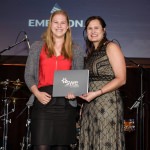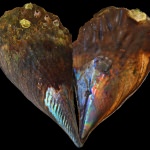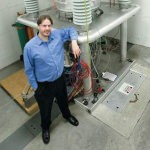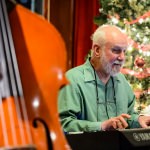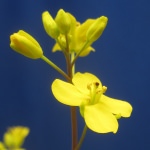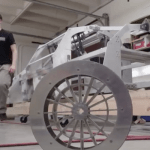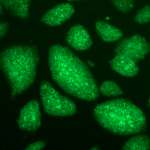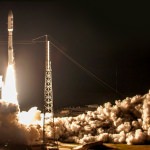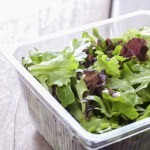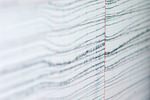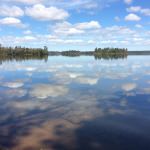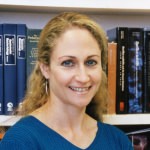Category Science & Technology
Forward Motion video: The art of science
A look behind the scenes at a yearly competition at UW–Madison to find incredibly cool science images.
Abrupt climate change could follow collapse of Earth’s oceanic conveyor belt
A new study shows Earth’s oceanic conveyor belt, the Atlantic Meridional Overturning Circulation, may be less stable than thought, posing a risk of abrupt climate change.
More frequent hurricanes not necessarily stronger on Atlantic coast
Active Atlantic hurricane periods, like the one we are in now, are not necessarily a harbinger of more, rapidly intensifying hurricanes along the U.S. coast, according to new research performed at the University of Wisconsin–Madison.
Hugh Iltis, UW’s ‘battling botanist,’ dies at 91
Passionate, articulate and informed, Iltis was opinionated, sometimes argumentative, but always a fearless defender of the natural world he revered.
Fossil fuel formation: Key to atmosphere’s oxygen?
“Why is there oxygen in the atmosphere?" asks researcher Shanan Peters. The high school explanation is 'photosynthesis.' But we’ve known for a long time ... that building up oxygen requires the formation of rocks like black shale."
UW-Madison student places second in nationwide engineering contest
Anna Scheibengraber, a fifth-year senior studying Mechanical Engineering at UW–Madison, was one of eight students from across the nation to receive an award for “exceptional thinking and innovation” during the PepsiCo/Society of Women Engineers (SWE) Student Engineering Challenge.
Ocean temperatures faithfully recorded in mother-of-pearl
Mother-of-pearl or nacre (pronounced nay-ker), the lustrous, tough-as-nails biomineral that lines some seashells, has been shown to be a faithful record of ancient ocean temperature.
UW-Madison spinoff in Janesville awarded $10 million for critical medical isotope
SHINE Medical Technologies, Inc. of Janesville has been awarded $10 million from the U.S. Department of Energy to advance production of an isotope used in cancer and heart diagnosis.
Fred Blattner: genetics pioneer, entrepreneurial success, and all that jazz
Fred Blattner has been doing DNA research for more than 50 years, and he founded or co-founded three successful companies all focused on DNA: DNASTAR, Nimblegen and Scarab Genomics.
Fast Plants Program’s new varieties are tailored for classroom use
A UW–Madison program built around plants that mature quickly enough to engage the scientific curiosity of elementary through college students is releasing two new varieties that make the popular plants even better suited to classrooms.
Staying in the loop
What’s the future of high-speed transportation? A team of UW–Madison students thinks it’s on the right track — actually, more of a tube — with Badgerloop, a 200-mph pod that levitates its passenger through an above-ground vacuum tube.
Novel catalysts improve path to more sustainable plastics production
The second most-produced organic chemical in the world, propene is a key component of plastics found in consumer goods such as electronics, clothing and food packaging.
Magnetic brain stimulation can bring back stowed memories
The lab of Brad Postle, a psychology professor at UW–Madison, is challenging the idea that working memory remembers things through sustained brain activity.
Split brain activity allows you to listen and drive, research shows
A team of University of Wisconsin–Madison consciousness researchers has used brain imaging to show how the brain allows you to drive a familiar path while concentrating on a radio show: It literally splits the tasks in two.
Study shows many lakes getting murkier, but gives hope for improvement
While water clarity in most Wisconsin lakes has not changed in 20 years, researchers say the fact that more lakes are getting worse signals there is work to be done.

